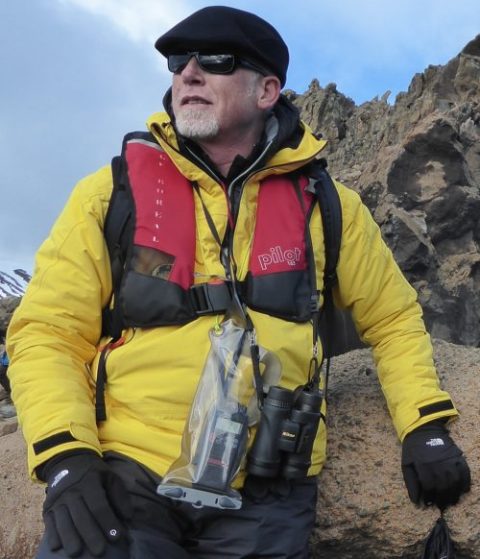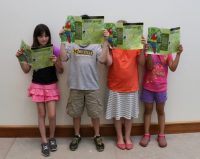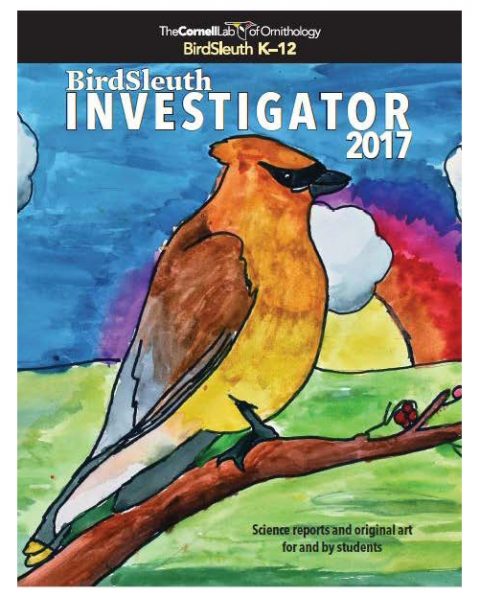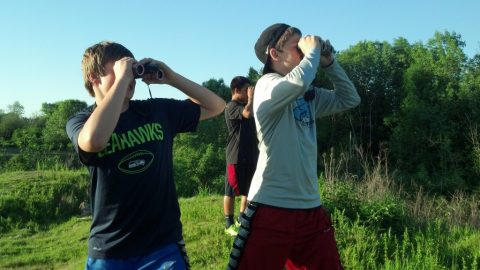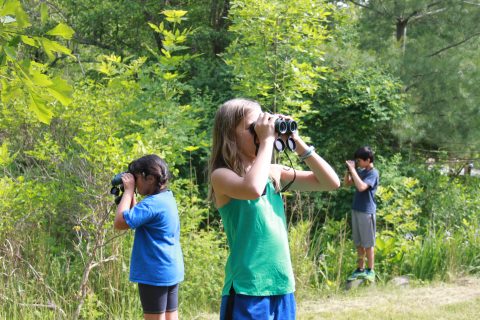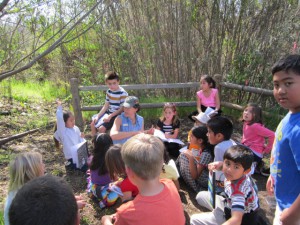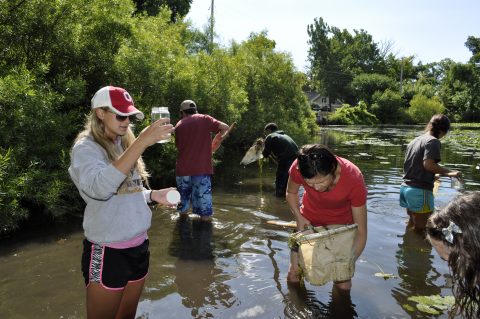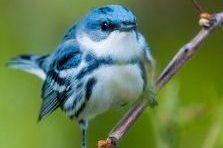All Articles
 Jeff Manker, Retired High School Teacher
Jeff Manker, Retired High School TeacherJeff Manker believes birders can save the world. He spent 32 years as a classroom educator where he helped students discover a passion for ornithology and the world of nature. Jeff developed a year long high school ornithology course, one…
 Submission Guidelines
Submission GuidelinesWe collect work from young people everywhere for consideration for our BirdSleuth Investigator magazine. The online submission form makes it easy for you to quickly submit science reports, artwork, photos, and graphs! Submissions are due by June 30, 2020.
Send us…
 BirdSleuth Investigator
BirdSleuth InvestigatorStudents from around the country love going outside and watching birds. Then they get curious and start asking questions about what they are seeing. Those questions turn into research projects and innovative studies that the students design themselves. We invite…
 Secondary (9-12)
Secondary (9-12)High school standards emphasize interactions within and between ecosystems. Students may want to investigate inter- and intra-species interactions or differences between group and individual behavior.
Examples – Do larger birds exhibit more aggressive behavior at a feeder? How do feeder birds…
 Upper Elementary & Middle (4-8)
Upper Elementary & Middle (4-8)Upper elementary and middle school standards emphasize the role of animal groups and habitat on survival and behavior.
Examples – How do feeder birds react to predator calls? How long does a Black-capped Chickadee stay at the feeder compared to a Mourning Dove? Which…
 Early Elementary (K-3)
Early Elementary (K-3)Elementary standards include studying what living things need to survive. Encourage kids to watch birds and think of questions to explore. Keep in mind, kids don’t need to know every bird’s name. Consider having students measure variables like cups of…
 Citizen-Science Projects
Citizen-Science ProjectsCitizen-science projects connect students to the environment through hands-on activities. Students are transformed into scientists as they make observations, establish hypotheses, and collect information about the world around them all while meeting Next Generation Science Standards! Click on the article…
 Participatory Science for Educators
Participatory Science for EducatorsScientists can’t be everywhere, so kids from all over can record data and send it in.Heidi, grade 7
Participatory science is important! It’s a partnership between the public and professional scientists that can help answer questions scientists couldn’t answer on their…
 eBird Essentials Course
eBird Essentials CourseCitizen science projects like eBird can help educators make concrete connections between classroom learning and life skills, preparing your students with the tools they need to thrive in the world. Being an eBird citizen scientist involves bird identification and confident…
